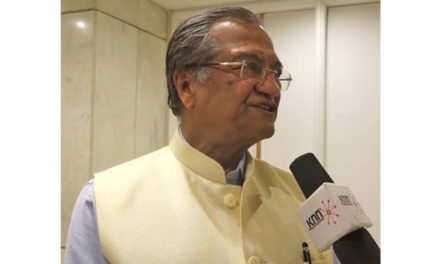The lower house of Indian parliament (Lok Sabha) on July 30 passed the Code on Wages Bill, 2019. The four acts being subsumed in the bill are the Payment of Wages Act, 1936, the Minimum Wages Act, 1948, the Payment of Bonus Act, 1965, and the Equal Remuneration Act, 1976. The code ensures minimum wages and timely payment of wages to all employees and workers.
The bill was introduced in the Lok Sabha on August 10, 2017, and was referred to the parliamentary standing committee, which submitted its report on December 18, 2018. Out of 24 recommendations made by the standing committee, 17 were accepted by the government, according to an official report.
There are 12 definitions of wages in the different labour laws leading to litigation and difficulty in implementation. The definition has been simplified and is expected to reduce litigation and will entail a lesser cost of compliance for an employer.
At present, many States have multiple minimum wages. The new code simplifies the methodology to fix minimum wages and rationalises it by doing away with the type of employment as one of the criteria for fixation of minimum wage. The minimum wage fixation would primarily now be based on geography and skills.









